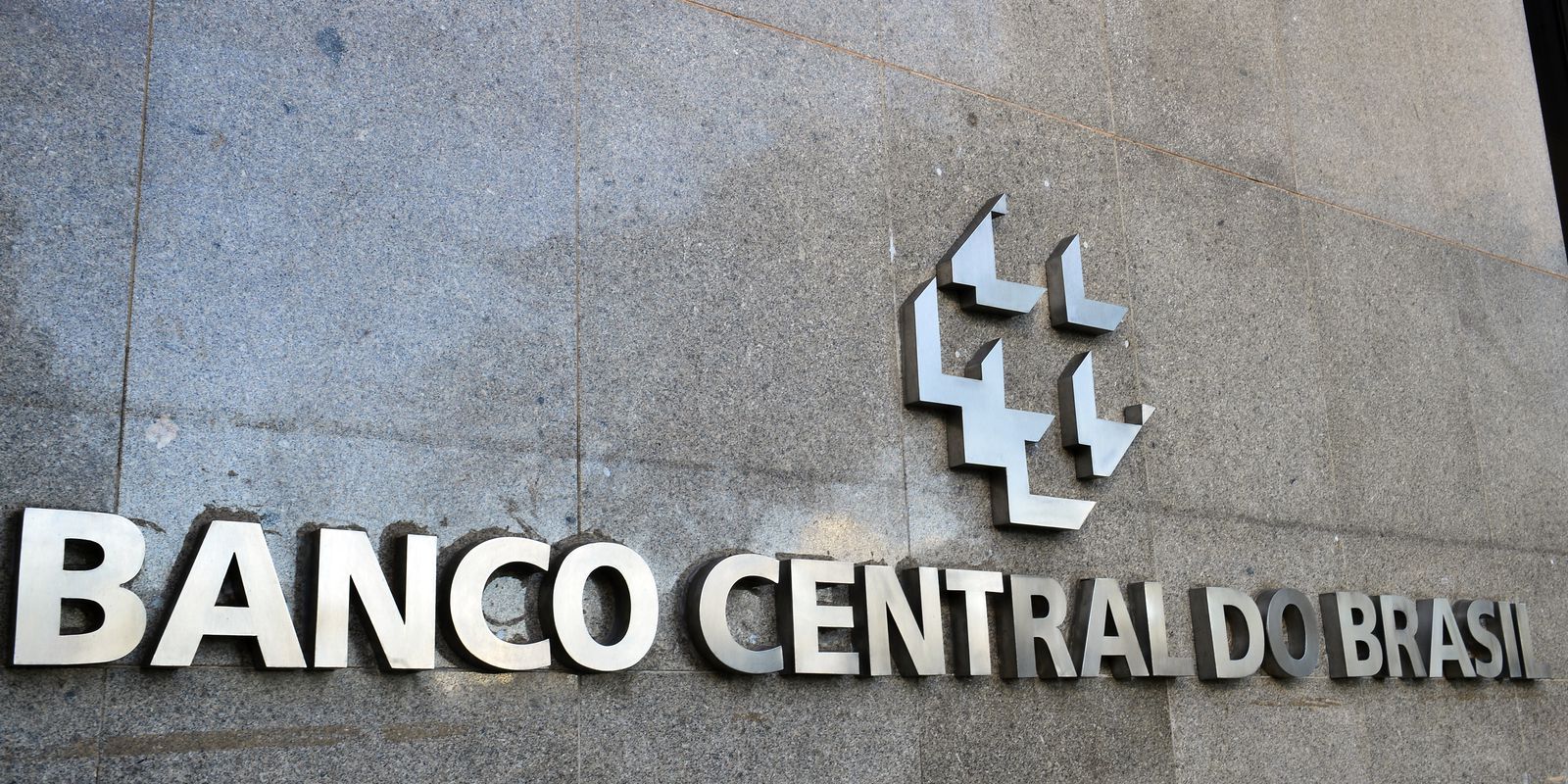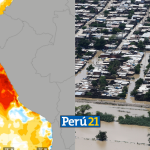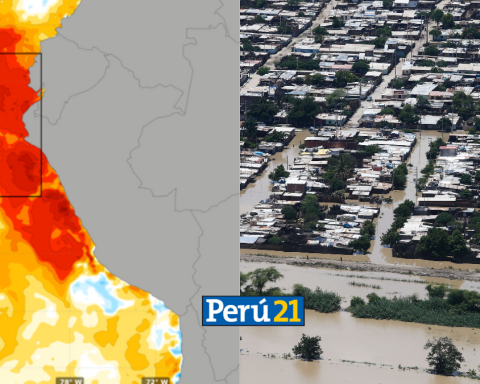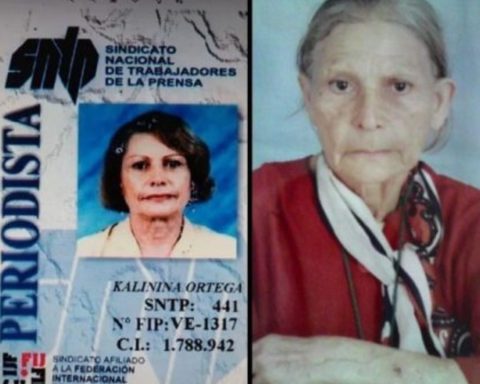The Central Bank (BC) released today (10) the drafts of the new rules on the foreign exchange market and international capital. The documents will be evaluated and resolved by the institution’s board of directors on December 31, 2022, when the Law No. 14,286of 2021, which deals with the Brazilian foreign exchange market, Brazilian capital abroad, foreign capital in the country and the provision of information to the Central Bank.
According to the BC, the board has the prerogative to make new changes, but the rules are usually approved as they are presented. The published minutes bring the result of the evaluations and discussions arising from Public Consultation nº 90, carried out by the BC on the regulations of the new law. Public contributions were received between May 12 and July 1 this year.
For Banco Centrql, with the future regulation, there will be more agility for international payments and receipts. “The draft resolutions of the Central Bank released today bring improvement to the business environment in the country and direct benefits for citizens and companies that need to send or receive funds from abroad”, he highlighted, in a statement.
the minutes are available on site of the BC, as well as the communication on the proposals resulting from the public consultation.
The BC also carried out Public Consultation No. 91/2022, referring to the regulation of foreign capital in the country in the modalities of foreign direct investment and foreign credit. In this case, the results will be announced in due course.
Changes
According to the monetary authority, the new texts bring “greater alignment of exchange operations with other operations conducted in the financial system, allowing the free format for carrying out exchange operations, observing the requirements of the Central Bank in relation to the provision of information”.
Among the changes in relation to the original text of the public consultation is the assimilation of the treatment of transactions of accounts of non-residents in Brazil to that of accounts of residents in the country. According to the BC, this applies only to the citizen’s or company’s own accounts, and not to accounts held by foreign financial institutions, since, in this case, the operations are similar to the movement of the foreign exchange market.
Another change concerns the criteria to be adopted in relation to information and supporting documents for the purpose of preventing money laundering and combating the financing of terrorism. The criteria will be included in their own regulations, “reinforcing and consolidating such commands in the standard that concentrates the provisions on the policy, procedures and internal controls to be adopted for the prevention of such illicit acts”.
The minutes released this Monday also include other propositions contained in the text of the public consultation, such as the broad review of the requirements foreseen in exchange market negotiations, especially those necessary for the purpose of supervision and production of statistics.
The proportionality criterion provided for in the new law was also incorporated, considering the transaction values and the profiles of its parties. “As an example, there was a simplification in the classification of operations in general up to US$ 50 thousand, which now have only 10 codes to indicate the purpose. Today, there are more than 180 codes for this indication, regardless of the value of the operation”, explained the BC.
According to the bank, in 2023, a broad review of the codes used in the classification of operations with a value above US$ 50,000 will be carried out. As of next year, in-depth discussions will take place on topics that may be adjusted with the new legislation in force, such as the improvement of the rules referring to the interbank foreign exchange market, the private clearing of credits in this market, the deadlines foreseen for operations in the sector and the stipulation of payment in foreign currency of obligations enforceable in the national territory, completed the BC.













